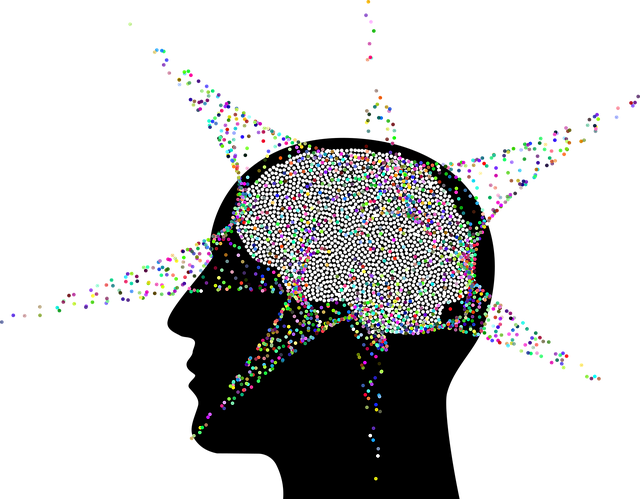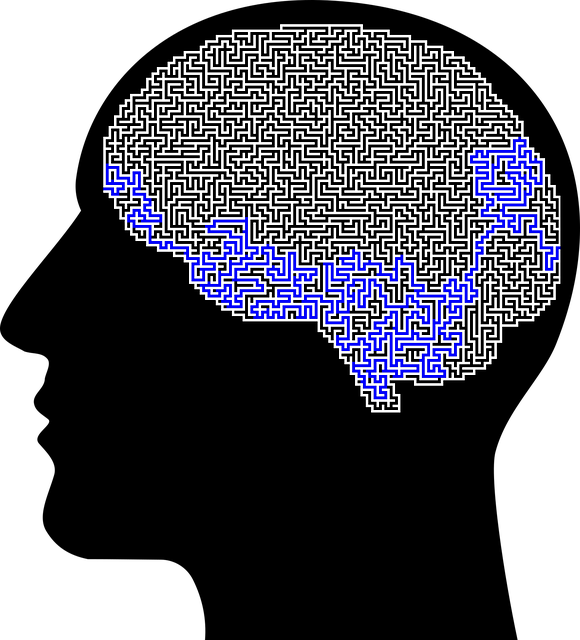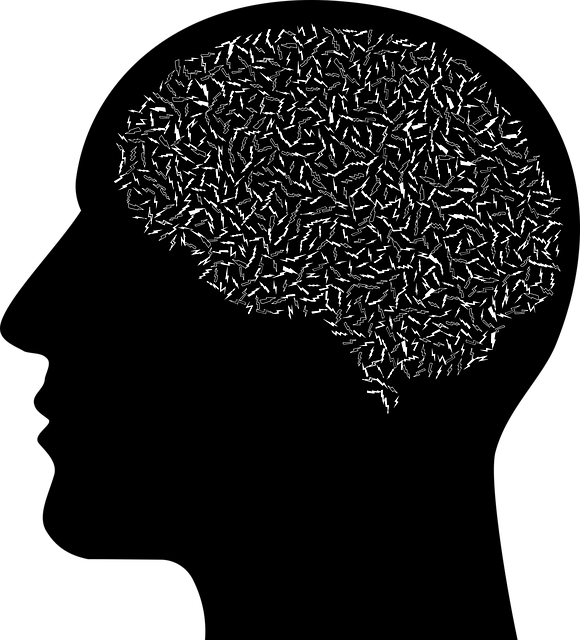Louisville Divorce Therapy utilizes the RFM (Resilience, Flexibility, Mastery) framework to empower individuals through crisis intervention and emotional intelligence development during separation or divorce. This personalized approach includes tailored exercises like social skills training, mood management workshops, and mindfulness practices to enhance adaptability, heal relationships, and foster resilience for thriving post-divorce. By combining RFM with cultural sensitivity and community support, Louisville Divorce Therapy offers specialized programs that enable clients to navigate complexities with improved emotional regulation, communication, and a positive outlook.
In the heart of Louisville, divorce therapy often faces unique challenges. This article explores Resilience, Frequency, and Motivation (RFM) as a foundational framework for enhancing therapeutic support. We delve into how resilience-building exercises play a pivotal role in helping individuals navigate separation and divorce with greater coping mechanisms. By understanding individual needs and implementing practical RFM techniques in therapy sessions, practitioners can foster long-term well-being for clients facing life’s transitions, specifically within the context of Louisville divorce therapy.
- Understanding RFM: A Foundation for Resilience in Louisville Divorce Therapy
- The Role of Resilience Building Exercises in Coping with Separation and Divorce
- Identifying Individual Needs: Personalized Approaches for Effective RFM Techniques
- Practical Strategies for Incorporating RFM into Therapy Sessions
- Long-term Benefits: Enhancing Post-divorce Well-being Through RFM
Understanding RFM: A Foundation for Resilience in Louisville Divorce Therapy

In Louisville Divorce Therapy, understanding the RFM (Resilience, Flexibility, and Mastery) framework is a cornerstone for fostering resilience in individuals navigating separation or divorce. This model recognizes that building emotional intelligence and inner strength development are crucial aspects of healing during such challenging times. By focusing on these dimensions, therapists can equip clients with effective crisis intervention guidance, enabling them to cope with the significant life changes that often follow divorce.
The RFM approach emphasizes that resilience isn’t just about enduring hardship but thriving in its aftermath. It equips individuals with the tools to adapt, grow, and regain a sense of control. This proactive strategy not only helps Louisvillians cope with divorce but also empowers them to emerge stronger and more equipped to face future challenges.
The Role of Resilience Building Exercises in Coping with Separation and Divorce

Resilience building exercises play a pivotal role in helping individuals cope with the emotional challenges that often accompany separation and divorce. Louisville Divorce Therapy offers specialized programs designed to empower clients with effective coping mechanisms, fostering adaptability and mental fortitude during this transformative period. These exercises focus on developing social skills training, enhancing mood management strategies, and providing stress management workshops, all of which are crucial aspects of healing and personal growth post-divorce.
By engaging in these activities, individuals can learn to navigate the complexities of their new reality with greater ease. The goal is not only to manage immediate distress but also to build long-lasting resilience, enabling people to adapt to changes, maintain healthy relationships, and lead fulfilling lives even amidst life’s transitions. This holistic approach, incorporating both professional therapy and personal development workshops, offers a supportive environment where individuals can explore their emotions, gain new perspectives, and develop the tools needed to thrive in their post-divorce journey, ultimately enhancing their overall well-being.
Identifying Individual Needs: Personalized Approaches for Effective RFM Techniques

In the context of Louisville divorce therapy, identifying individual needs is a pivotal step in applying effective RFM (Resilience, Flexibility, and Mastery) techniques. Every person’s journey through separation or divorce is unique, shaped by personal experiences, cultural backgrounds, and mental wellness levels. A nuanced approach acknowledges these differences, tailoring interventions to resonate with each client’s specific circumstances. Understanding one’s needs—be it coping with intense emotions, navigating complex family dynamics, or rebuilding self-esteem—is the first step towards fostering resilience.
Cultural sensitivity in mental healthcare practice plays a significant role here. By recognizing and incorporating diverse cultural perspectives, therapists can create a safe and supportive environment. This includes understanding the impact of divorce on various ethnic groups, LGBTQ+ individuals, and those from different socioeconomic backgrounds. Compassion cultivation practices have also proven beneficial in enhancing mental wellness, encouraging clients to develop self-compassion and empathy towards themselves and others during challenging times.
Practical Strategies for Incorporating RFM into Therapy Sessions

Incorporating RFM (Resilience, Flexibility, and Mastery) into therapy sessions for Louisville Divorce Therapy can significantly enhance the therapeutic experience. Start by identifying clients’ strengths and resources, which form the foundation of resilience. Therapists can encourage clients to reflect on past challenges they’ve successfully navigated, fostering a sense of accomplishment and building confidence in their ability to adapt. This process, often facilitated through journaling or conversation, empowers individuals to recognize their inner strength.
Additionally, integrate practical exercises that promote flexibility and emotional regulation. Techniques like mindfulness meditation, deep breathing exercises, and cognitive reframing can help clients manage stress and mood swings effectively. Social Skills Training can also be incorporated, encouraging healthy communication patterns within the therapeutic setting and potentially with loved ones. Public Awareness Campaigns Development around resilience building can further enrich these sessions, providing additional resources and community support for those navigating divorce.
Long-term Benefits: Enhancing Post-divorce Well-being Through RFM

After a divorce, individuals often face significant emotional and psychological challenges. However, participating in Regularly Facilitated Mindfulness (RFM) exercises can offer long-term benefits for post-divorce well-being. RFM encourages individuals to focus on the present moment, fostering resilience and coping mechanisms that promote mental health stability. Louisville Divorce Therapy centers have incorporated these practices into their services, recognizing the profound impact they can have on clients’ recovery processes.
By integrating RFM into therapy sessions and community outreach programs, healthcare providers in Louisville are enhancing their support systems. The regular practice of mindfulness helps individuals develop better communication strategies, improve emotional regulation, and cultivate a positive outlook—all crucial elements for navigating the complexities of divorce. Additionally, the Community Outreach Program Implementation and Healthcare Provider Cultural Competency Training initiatives ensure that these therapeutic approaches are accessible and tailored to diverse populations, contributing to improved mental health outcomes in the long term.
Louisville Divorce Therapy can significantly benefit from integrating Resilience, Flexibility, and Mastery (RFM) techniques. By understanding the foundational principles of RFM, therapists can facilitate effective coping strategies for individuals navigating separation and divorce. Through personalized approaches and practical implementation in therapy sessions, RFM empowers clients to build resilience, fostering long-term well-being. These exercises serve as a powerful tool, enabling individuals to transform their lives post-divorce, and find new avenues for personal growth and strength.












